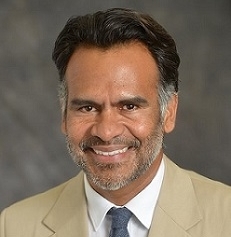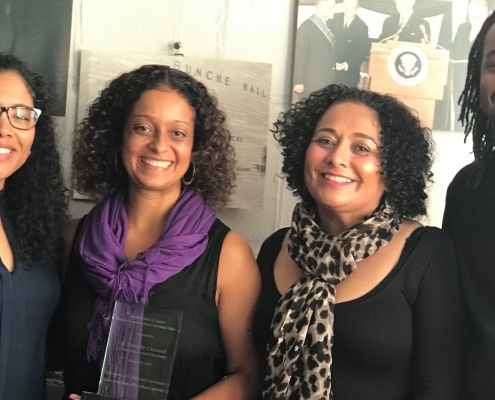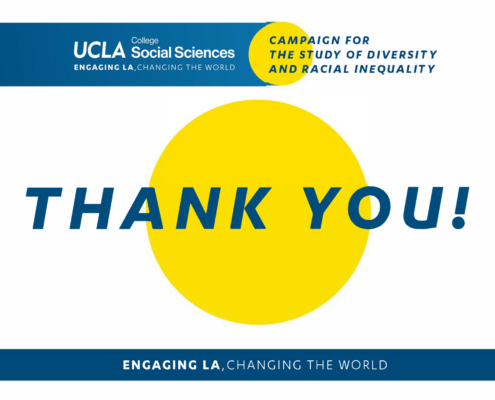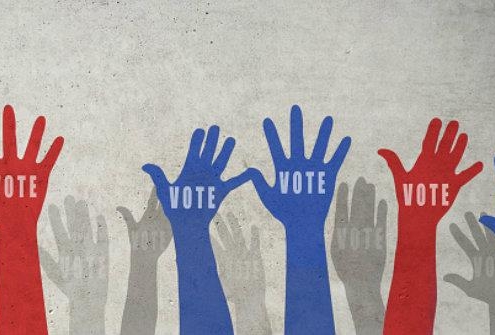Posts

UCLA Professor Eric Avila Discusses How U.S. Infrastructure Historically Fostered Racial Inequality
Recently U.S. Transportation Secretary Pete Buttigieg said, "There…

Dean’s Fund for the Study of Diversity and Racial Inequality Accepting Grad Student Applications
In light of the reawakened reckoning on racial justice issues…

UCLA Division of Social Sciences Exceeds Campaign Goal for Dean’s Fund for the Study of Diversity and Racial Inequality
In light of the reawakened reckoning on racial justice issues…

Testimony on Voting Rights Issues
The U.S. House Committee on Administration was authorized…

Recap of the Inaugural Sawyer Memorial Lecture in Racial and Ethnic Politics Featuring Dr. Clealand
The UCLA Center for the Study of Race, Ethnicity and Politics…

